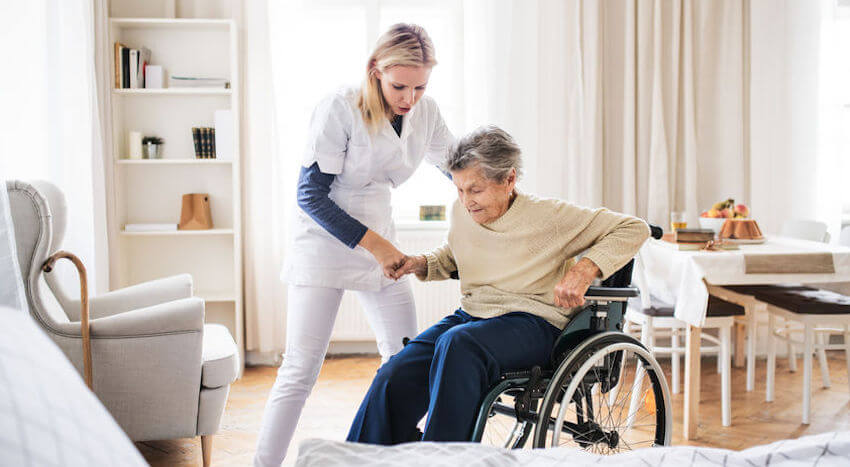The problem of appropriate maintenance of the sick at home is relevant. Usually, patients with chronic illnesses do not need active treatment and daily medical care; they feel better in a familiar and calm home background and need care, the creation of favorable living needs, and hygiene.
Role Of Home Health Aide
Patient care is a complex and responsible business that needs knowledge and proven skills. That is why CPR training and First Aid course prepares individuals to recognize and care for various first aid, respiratory, and cardiac emergencies in adult, kids, and infant patients.
Each of us may face circumstances where a loved one requires moral support and participation and real, well-organized help in ensuring his life. Caring for a bedridden patient is often a long monotonous process that will require a lot of physical and psychological effort.
What is home care?
Home care includes a range of medical, social, aid, and other assistance supplied in the home when a person requires follow-up care after a hospital stay or needs long-term maintenance.
This complete assistance is supplied by nurses, therapists, home assistants, and other direct care personnel under the guidance of a physician.
Patients acquiring home care include newborns and mothers qualified for child care assistance; young children and adults in demand of home treatment or advanced technology care and aid; seniors who use the aid of a qualified nurse for the therapy of chronic illnesses; wound patients receiving postoperative care; or persons with disabilities who may be housebound and require help services to achieve day-to-day activities.
The Role of the Home Health Aide
Home health aides supply essential services to the seniors, sick, or disabled. They go to their patients’ houses or clinics. In many cases, caring for them is a significant part of allowing a person to continue living in their own home and not move to another location.
The duties of an assistant may vary depending on the client’s requirements. Some require home health aide training. After all, they must know a lot. For instance:
- Home health workers measure essential indications, aid patients move from bed to bathroom and change bedpans and clothing, and may give essential medicines. With additional education, they can work with specific medical supplies.
- Home care aides can drive patients to and from physician meetings
- Home Health Aide can help them with grocery shopping and cooking and must be sure to follow clear dietary recommendations.
- The home health worker may require to change bedding, help the client dress, and provide primary care.
- The employee works with clients who need 24/7 care, and others travel to and from home several times a day.
What are the benefits of home health care?
The main advantage is that it can be delivered straight to the patient’s home, whether a private home, a nursing home, or a retirement home. By supplying care straight to the patient, you can avoid costly bills.
Other advantages include:
- Faster healing and recovery from illness or wound.
- Improved freedom.
- Preserving or enhancing the current condition or level of performance.
- Restoring self-sufficiency in the home.
- Slow down the decline in harsh circumstances.
- More satisfactory symptom control.
